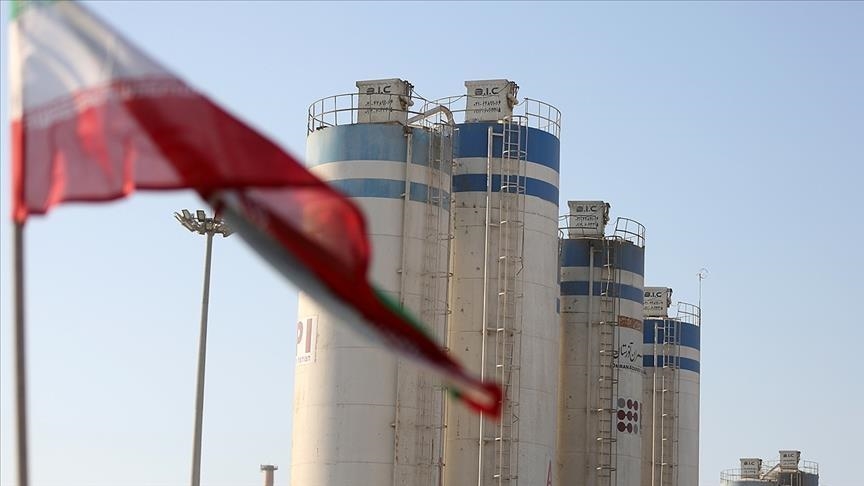Access to an Iranian nuclear site 25 miles northwest of Tehran, which was allegedly targeted by saboteurs in June, has become a bone of contention between Iran and the West.
Iran has rejected the latest report by the International Atomic Energy Agency (IAEA), which accuses Iran of failing to honor the deal struck with the watchdog two weeks ago.
Calling the report "biased" and "inaccurate", Behrouz Kamalvandi, a spokesman for Iran's nuclear agency, said the IAEA should not disrupt the "constructive process".
Earlier this month, Iran allowed the UN nuclear watchdog to "service" the surveillance cameras installed at its nuclear sites in a bid to ease concerns over Iran's nuclear activities.
The announcement came during the IAEA chief Rafael Grossi's visit to Tehran, during which he held talks with the newly-appointed head of Iran's nuclear agency Mohammad Eslami.
On Sunday, the IAEA said Iran has "failed to fully honor" the terms of the deal reached on Sept. 12. It allowed the agency to replace memory cards in most of the equipment, but refused access to a workshop that makes centrifuge components at the TESA Karaj complex in west Tehran, the agency said.
- The (IAEA) Director General (Rafael Grossi) stresses that Iran's decision not to allow Agency access to the TESA Karaj centrifuge component manufacturing workshop is contrary to the agreed terms of the Joint Statement issued on 12 September - the IAEA said in a statement.
Reacting strongly, Kamalvandi said the joint statement did not cover the surveillance equipment of the Karaj complex, which he said is still under" security investigation".
The complex, which belongs to the Atomic Energy Organization of Iran (AEOI), faced a sabotage attempt on June 23, causing some damage. Iran blamed Israel for it.
Kamalvandi said the request for UN inspectors' access to the Karaj complex was raised during Grossi's visit to Tehran earlier this month and again on the sidelines of the meetings of the IAEA general assembly in Vienna.
He called on the UN nuclear agency to "avoid wilful political stances" and "not to destroy the constructive processes" created in recent meetings between the two sides.
